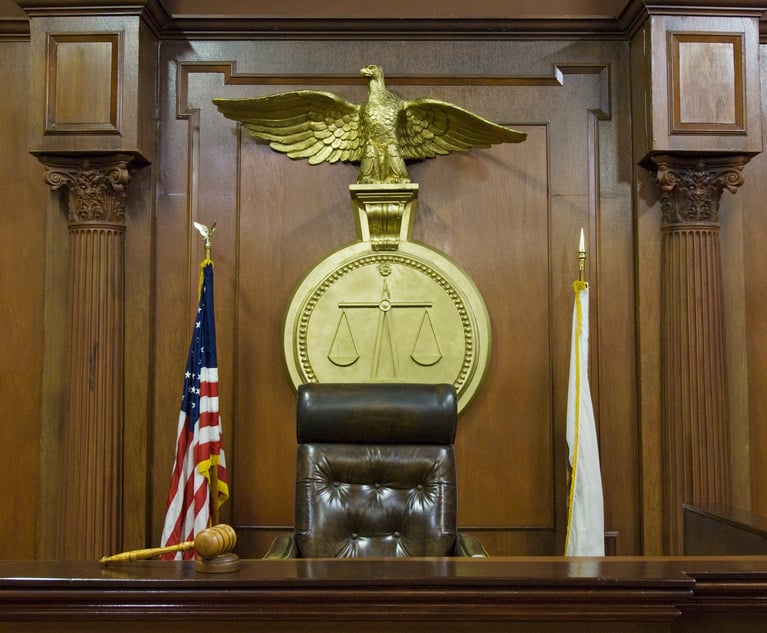At the same time bankruptcy filings are increasing, practitioners have had to learn how to adapt to a “new normal” in the wake of the pandemic. We have already seen this “new normal” begin to take shape—working from home, hearings over Zoom and even the inclusion of the COVID-19 crisis in motions and briefs. However, as to the last of these, the U.S. Bankruptcy Court for the District of Connecticut has made clear in a recent ruling, that COVID-19 does not change the law, see In re Donghia, Case No. 20-30487 (JJT), 2020 Bankr. LEXIS 1254 (Bankr. D. Conn. May 12, 2020). Indeed, practitioners would be wise to recognize that the global pandemic affects all parties in a bankruptcy case and not to inordinately rely upon its impact in framing requests for relief.
In Donghia, a Chapter 7 trustee sought authority to reject unexpired leases, nunc pro tunc to the debtor’s petition date. The debtor was a high-end designer and fabricator of custom furniture and used showrooms across the country to display its products to would-be customers. The leases for such showrooms were a significant expense to the debtor. Thus, the trustee moved to reject the leases nunc pro tunc to the petition date. While the landlords to these leases did not oppose rejection, they did object to nunc pro tunc relief, which would deem rejection to have occurred effective as of the petition date (and, therefore, render all amounts due a general unsecured claim as opposed to a post-petition administrative expense claim).


 Kenneth A. Listwak, left, and Francis J. Lawall, right, of Pepper Hamilton.
Kenneth A. Listwak, left, and Francis J. Lawall, right, of Pepper Hamilton.




